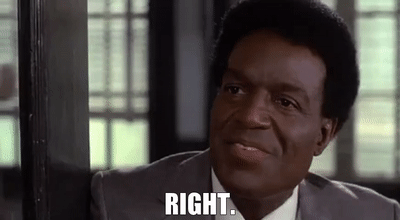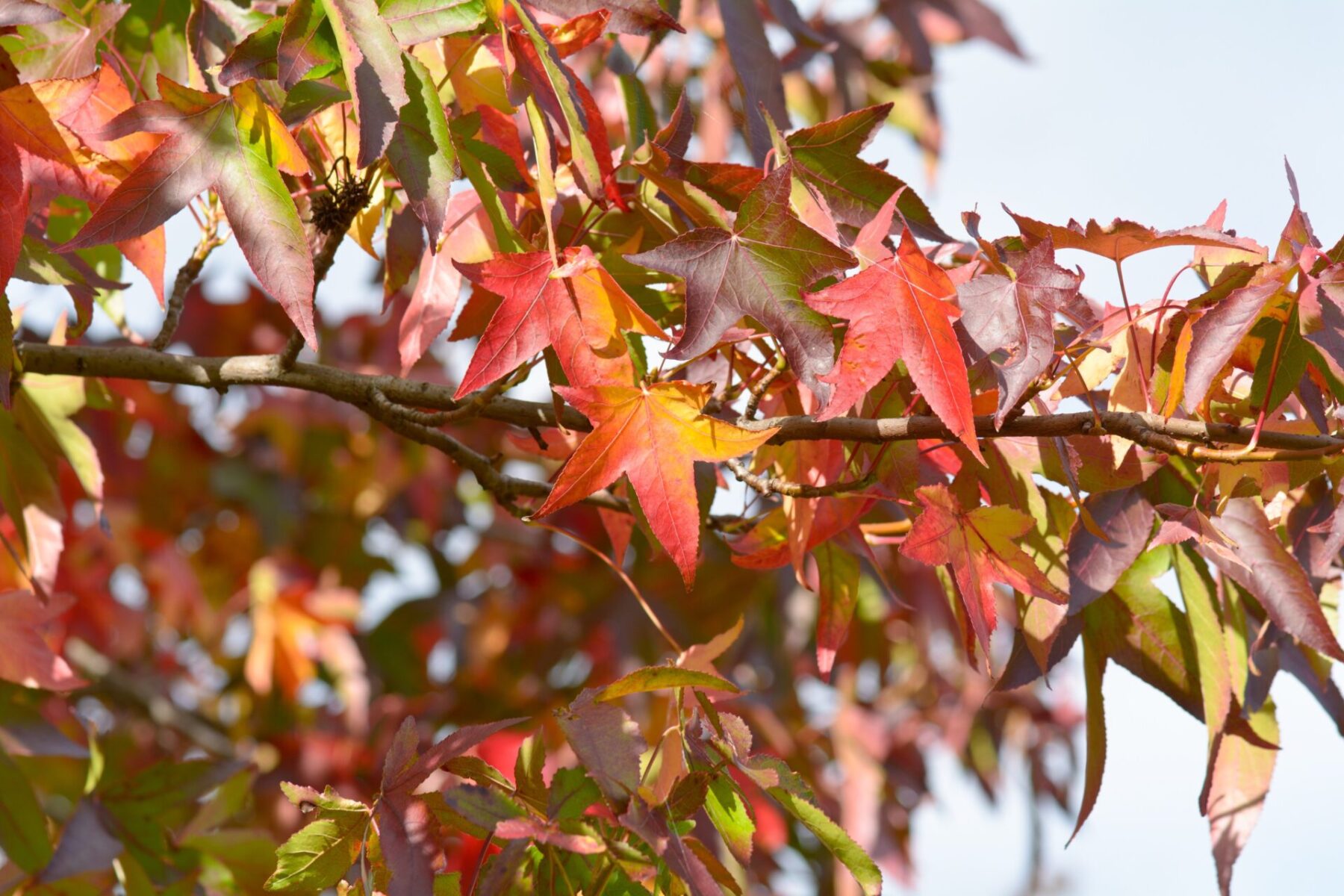I'm a slob; I cannot pretend otherwise. I shower regularly, clean myself, but am not obsessive about these things, and I'm sure that this would lead many to disgust.
Hand washing is, of course, foremost in the world right now. In particular, how people have not been washing appropriately. (We have all heard about that bowl of peanuts on a bar and its urine traces, no? Here is a particularly badonkers article from a couple of years ago that advocates not washing ones hands because of immunity.)
Hand washing is, of course, foremost in the world right now. In particular, how people have not been washing appropriately. (We have all heard about that bowl of peanuts on a bar and its urine traces, no? Here is a particularly badonkers article from a couple of years ago that advocates not washing ones hands because of immunity.)
The first time I learned just how inadequate my handwashing was came around 2001, when my mother got sick. Really sick. Intensive care, don't know if she'll live, not sure what damage will emerge when she comes to after 107F+ temperatures sick. I was embarrassed to learn just how poor my technique was as I studied the blue hands on the posters outside intensive care: the backs of hands, the crevices between fingers; WRISTS!
So when this awful situation all kicked off and the handwashing instructions, memes, songs came around, that's where my brain went - my mum, sick, and me focusing on keeping myself as clean as possible to make sure I couldn't hurt her or anyone else. The smell of stress-management cigarettes emanating from all the nurses. The uncertainty of what would happen. And, to pull me through, I remember how Mum pulled through and battled back to learn to speak again, to walk again; how we watched, in disbelief (and fortunately, given the noise we were making and it being after the end of visiting hours - the whole ward could hear us) as England stuck five past Germany in Germany; and how she swooned over her very dishy ENT specialist. She was really brave; I'm savouring and carrying that with me.
And rewatching those highlights. Such joy.

